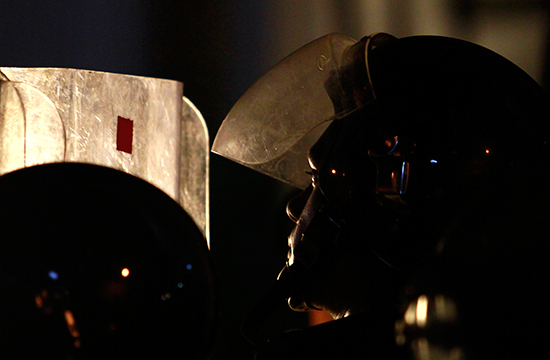New York, August 10, 2016–Maldivian President Abdulla Yameen Abdul Gayoom should veto a criminal defamation law the parliament passed yesterday, the Committee to Protect Journalists said today. The legislation threatens to stifle criticism and investigative reporting.
According to press reports, the government had promised to put a draft of the law before a multiparty committee for amendments before putting it to a vote. But lawmakers yesterday approved the legislation in a 47-31 vote and referred it to Yameen for ratification. Under the law, individuals convicted of defamation face a fine of up to 2 million rufiya (US$130,000), and imprisonment for up to six months for failure to pay the fine, according to news reports. In addition, media organizations carrying content deemed defamatory could have their licenses revoked, the reports said. The law places the burden of proof on defendants and obliges reporters to reveal their sources, The Associated Press reported, without elaborating. The Maldives government amended the Penal Code to abolish criminal defamation in 2009.
“This new law threatens to further stifle the beleaguered press and marks a significant step backward for media freedom in the Maldives,” said CPJ Asia Program Senior Research Associate Sumit Galhotra. “President Yameen Abdul Gayoom should veto this law.”
The space for independent media in the Maldives has narrowed in recent months. A series of media outlets have shut down, while others face pressure to close, CPJ has found. Four journalists from the pro-opposition Raajje TV channel are on trial on charges including obstructing law enforcement officers while covering anti-government protests. One of the journalists also faces a charge of assaulting a police officer.
Zaheena Rasheed, editor at Maldives Independent news website, told Reuters in an interview, “This is a final push to shut down the remaining media outlets. We have fought really hard. We are not giving up.” Rasheed said journalists plan to contest the law in the Supreme Court.
The European Union, the United States, Britain, Norway, Germany, and the Netherlands, have all urged the government not to pass the law, according to the AP.
In August 2015, CPJ wrote to Yameen to ask him to instruct his government to launch a credible and thorough investigation into the August 2014 disappearance of journalist Ahmed Rilwan Abdulla. Abdulla’s fate remains unknown.
